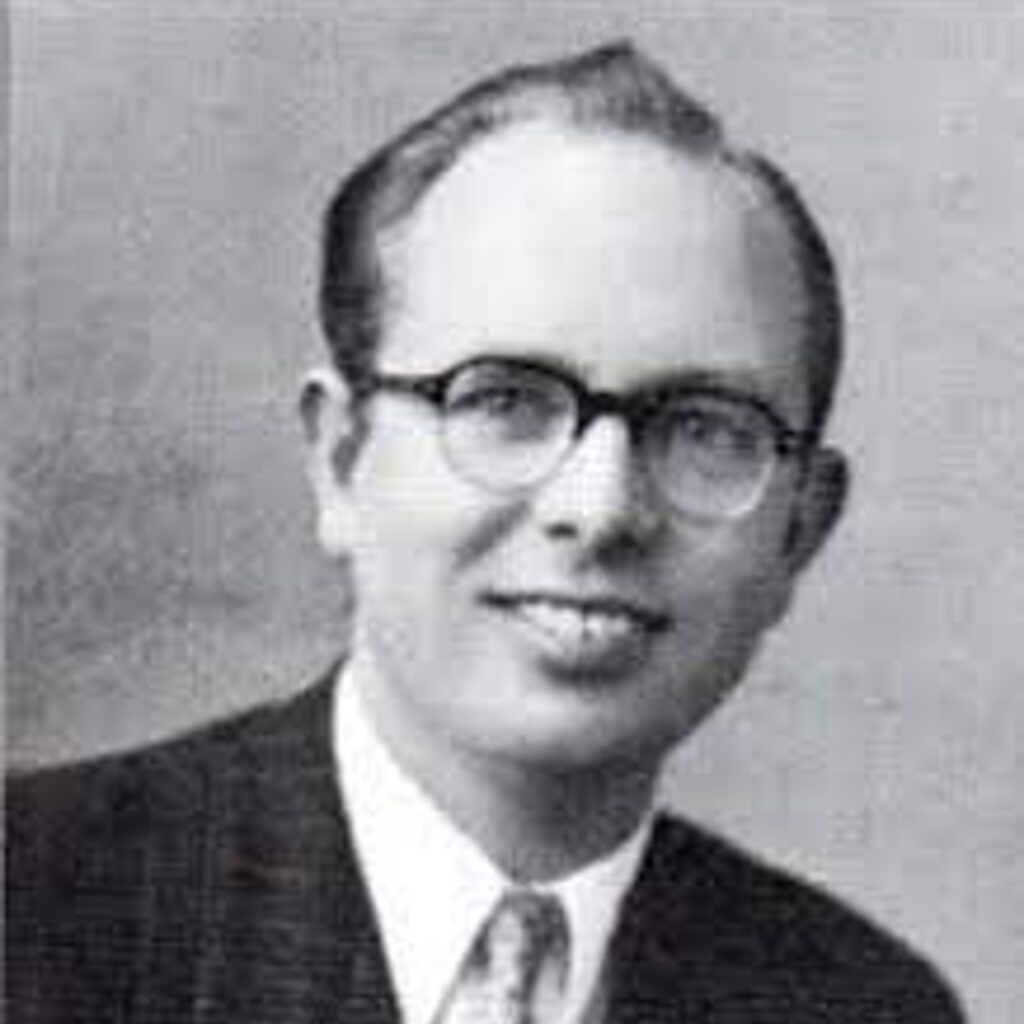Geoffrey T. Bull (1921-1999) had a very unusual missionary career – he only served as a missionary for a few short years, followed by some very unusual circumstances. Yet, in the deep struggles that he encountered, he was enabled to showcase two very critical elements in the life of any missionary who is determined not just to start well but also to finish well.
Geoffrey Bull was born into a Christian family in Eltham, England in 1921. He came to know Christ as his personal Saviour at an early age and was baptized by immersion at the age of 15, becoming a member of the Brethren church that his parents attended.
Bull originally had planned a career in banking, but by the time he was twenty years old, the Lord had called him to be a missionary to Central Asia. His church stood with him in that calling. However, Bull had to wait until the end of the second World War before taking the first steps in his calling.
In 1947, Bull, together with a fellow missionary, George M. Patterson, sailed for China. They then travelled to the far interior of China to the border area of Tibet, where they studied the Chinese and Tibetan languages, gaining after three years a working knowledge of the two languages. Bull then travelled thousands of miles preaching and teaching, though still outside of the area he felt called to reach, which was Tibet.
He first set foot on Tibetan soil on July 29, 1950, writing in his Bible: ”Just before noon, I crossed the River of the Golden Sand which flows from the upper reaches of the Yangtze and set my foot down on Tibetan soil – for me a very great event.”
Shortly after he wrote those words, the Chinese Communist forces took control of Tibet. Bull had entered during the last days of Tibetan independence. He was arrested by the Chinese and accused of being a spy for Britain, thus beginning three years of captivity. He was handcuffed, falsely accused, mentally and physically tortured and threatened with execution. Subsequently, he was taken to Chongqing and placed in solitary confinement. For the first twelve months, Bull was kept in a very small cell where he had hardly enough room to turn around. All the time undergoing the mental torture of re-education and thought reform with a steady diet of Communist propaganda. He was even told that if he did not cooperate, his family back in England would suffer severe consequences.
Daily the Chinese communists tried to break the spirit of this young man through brainwashing. But he held firm in his faith in the Lord Jesus through unimaginably difficult circumstances.
Humanly speaking, two factors kept him in Christ against the brainwashing and mental torture.
The first factor was that having been brought up in a strong Bible-based Christian church, he knew the Bible well. He daily encouraged himself in the Lord through the Bible verses he had memorised as a young man. He established a daily routine which included praying, reciting memorised Bible verses, singing hymns and meditation. There is a powerful lesson there. Whatever a missionary’s situation may be, there must be not just a trust in the Bible, the word of God, but a daily time spent drawing faith and life from the living word of God. A missionary does not just preach the Bible. He or she must live in it and by it.
The second factor was the support derived from the urgent prayer for him by Christians around the world. Throughout this long ordeal, as his situation became known to many Christian communities, believers were praying for Bull. Paul’s statement in Romans 15:13 became his experience through those prayers: “May the God of hope fill you with all joy and peace as you trust in Him, so that you may overflow with hope by the power of the Holy Spirit.” There too, is a lesson for any missionary. Whatever your situation may be, there will always be an urgent need for strong prayer support. To one degree or another, that prayer may make all the difference.
Bull was eventually freed on December 19, 1953, in Guangzhou and then went via Hong Kong to the UK. After a short rest, he travelled the country sharing his experiences of sustaining grace while in prison. He married Agnes (Nan) Templeton of Milngavie, Scotland, in June 1955, and they subsequently served the Lord in the late ’50s to early ’60s in North Borneo, now Sabah. Following that, he had a wide ministry of conference and Bible teaching. He authored a number of books (When Iron Gates Yield and others) and had a profound influence over many young believers. He died in 1999 following the Breaking of Bread service in his local church at Largs, Scotland, where he was buried.
Sources: Wikipedia and Gospel Fellowship Association Missions.



